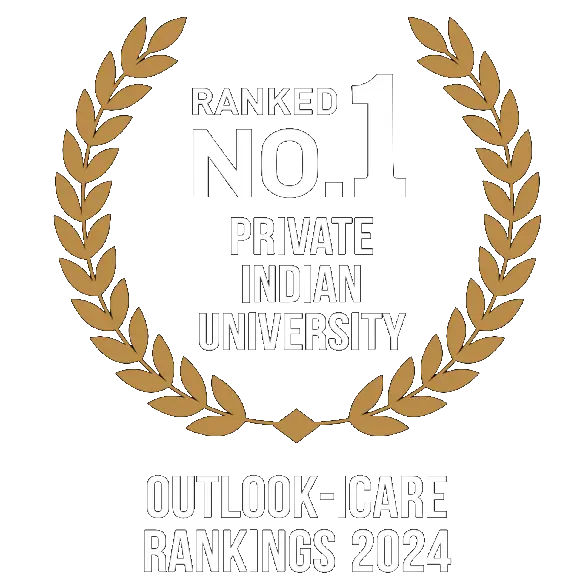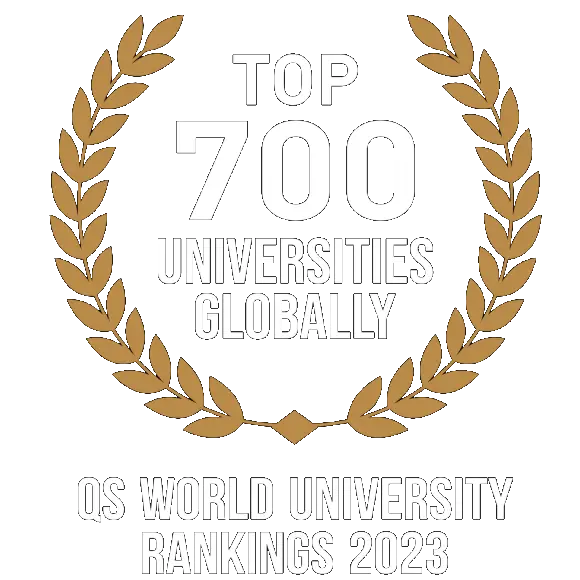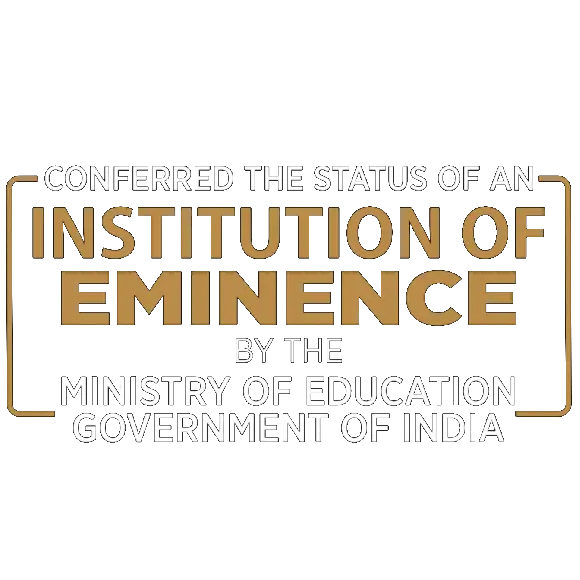Jindal Global Business School (JGBS) is a multidisciplinary school in O.P. Jindal Global University (JGU) that is continually advancing to keep up with the constant flux in business education. JGBS widely recognized its commitment to academic excellence in business studies. It achieves this through strong industry partnerships, global collaborations, and a diverse range of degree programs, executive education, research, and consulting services. With internationally experienced faculty members, relevant courses and curriculum, active research initiatives, and international collaborations, JGBS strives to provide a world-class education to its students.

Top among Indian B-schools in research output

Most global academic partnerships for an Indian B school

Consistently top-ranked BBA (Hons.) program in India

Largest cohort of management faculty with a PhD in India
*Based on No. of Scopus publications, ^total number of international collaborations for student mobility for a single campus B-school, ^^Outlook ICARE Rankings 2023 & 2024, + number of full-time faculty members with a PhD in a single campus B-school
Students
University Faculty & Staff
Collaborations with International Universities
Alumni Network
Publications




















Jindal Global Business School is an accredited member of AACSB International. Established in 1916, AACSB International (AACSB) is the world’s largest business education alliance, connecting educators, learners, and business to create the next generation of great leaders. With members in over 100 countries and territories, AACSB fosters engagement, accelerates innovation, and amplifies impact in business education. Learn how AACSB and business schools from around the world are leading boldly in business education at aacsb.edu.